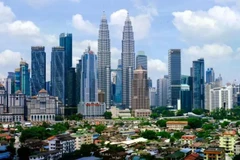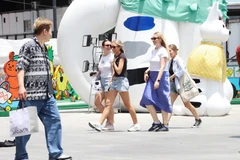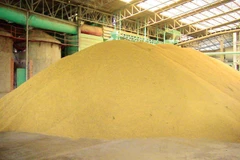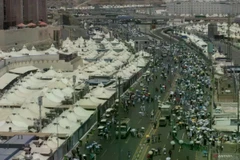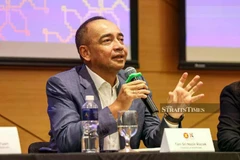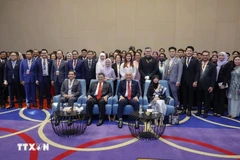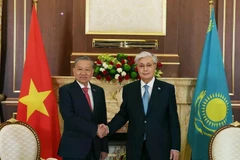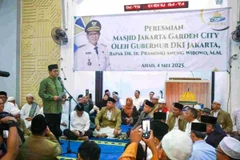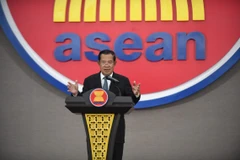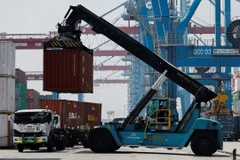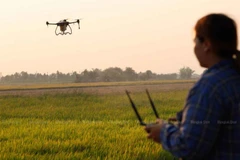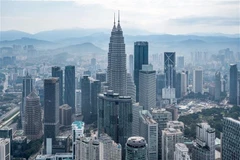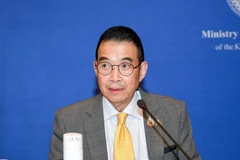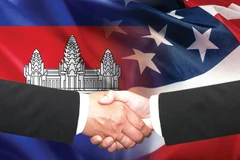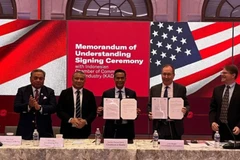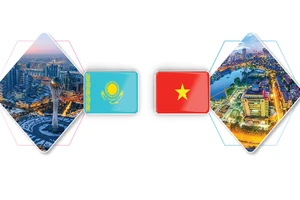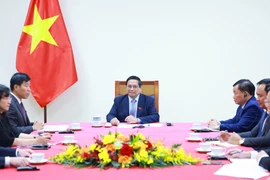The New York Times quoted Lei Lei Song, a senior economist at the Asian Development Bank as saying that the region recovered swiftly from the global financial crisis that started in 2008, helped by large monetary and fiscal stimulus packages quickly adopted by governments to support domestic demand.
“The stimulus allowed Southeast Asia to weather the global downturn and perform better than expected, and better than many other economies,” he added, predicted that the regional economy will bode well for a V-shaped recovery into 2010, although with significant variance.
According to the expert, essential to the recovery has been the pull of China ’s booming economy, which is an important destination for the region’s exports, often including those headed for re-export to the West.
However, Sanjay Mathur, Asia economist at Royal Bank of Scotland in Singapore , warns that Chinese economic outlook is turning more tentative, with signs of a slowdown.
He was also concerned about property price appreciation and excess credit growth.
A severe clampdown by the monetary authorities on credit would hurt domestic demand, he noted.
Still, most economists remain optimistic that a double-dip recession in Southeast Asia will be avoided.
According to Song, if a fresh crisis were to emerge in the world’s leading economies, Southeast Asia would certainly suffer from a drop in external demand, while risk aversion would slow or reverse foreign investment. “However, the damage from any fresh crisis outside Asia would be much smaller than that inflicted by the 2008-2009 recession,” he said./.
